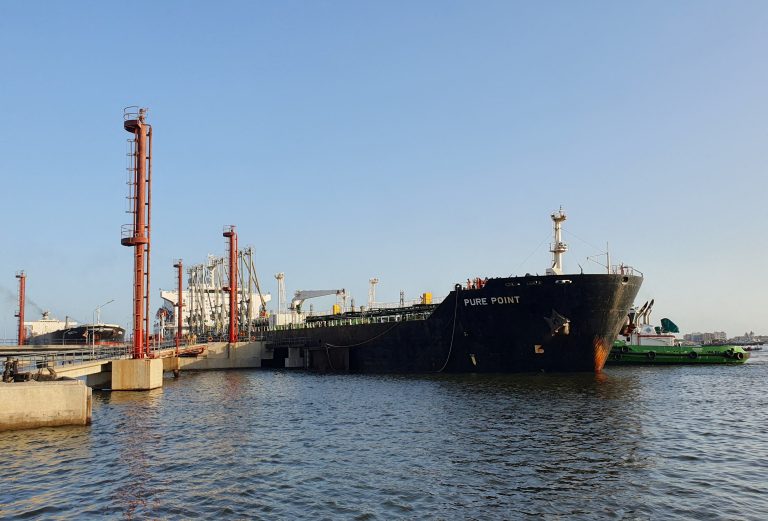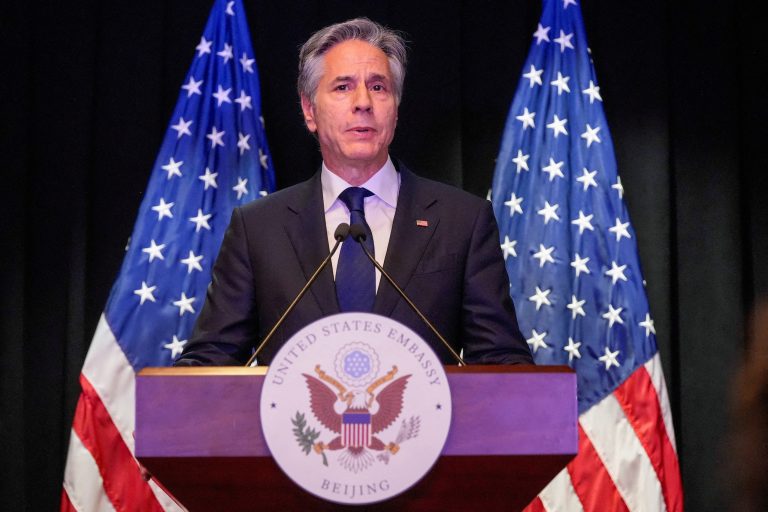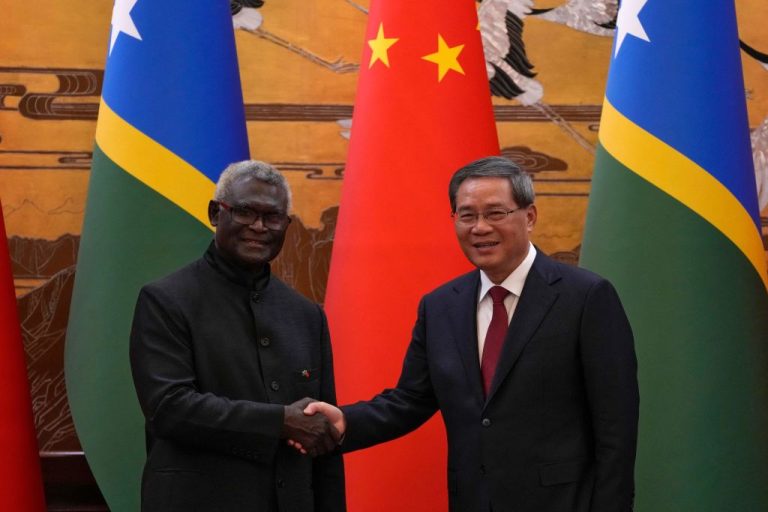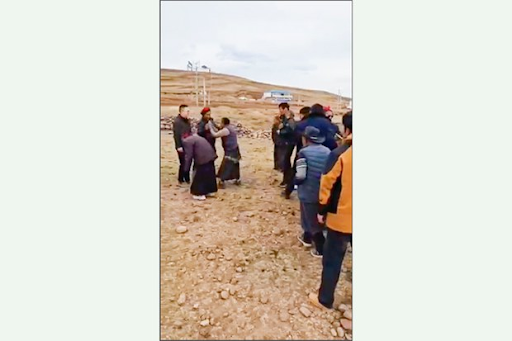Pakistan paid for a large amount of discounted crude oil from Russia using the Chinese yuan for an April deal that appears to suggest the U.S. dollar’s further weakening as a global reserve currency.
On Monday, June 12, Pakistan’s energy minister Musadik Malik publicized the deal, according to Reuters. Without elaborating much on the terms of the agreement or how much the oil was discounted, he said that the deal “was done in RMB.”
RMB is short for renminbi (“the people’s coin”), more generally referred to as the yuan.
Pakistan’s government-to-government (G2G) deal with Russia, the first of its kind, consisted of 100,000 tons of crude oil, of which 45,000 tons had docked at Karachi port, while the rest were underway.
That shipment had arrived on Sunday, June 11 and was being unloaded at the time that Malik made his statements.
A welcome boost
Success
You are now signed up for our newsletter
Success
Check your email to complete sign up
The discounted crude is a welcome boost for Islamabad to revive its lopsidedly burdened trade balance, as energy imports make up most of Pakistan’s external payments.
Pakistan’s purchase of cheap oil also provides Russia with new outlets in addition to those of India and China. Due to the trade embargo imposed by the West following Russia’s invasion of Ukraine in early 2022, Russian revenues from oil have fallen as fewer countries are willing to buy its product.
For Pakistan, the deal whereby it can purchase a large quantity of high-quality oil at a very attractive price offers a solution to alleviate its significant financial needs.
The Chinese foreign ministry said of the deal that “as a matter of principle, we are open to the settlement of crude oil trade in RMB.”
“This is normal trade cooperation between Pakistan and Russia and within the scope of their sovereignty,” the ministry added in response to a Reuters query.
Pakistan is currently straining under heavy debts, much of which is owed to China for its Belt and Road Initiative (BRI) construction projects.
The foreign exchange reserves the Pakistani Central Bank hold are scarcely enough to cover a month of controlled imports.
The south-Asian country imported 154,000 bpd of oil in 2022, around the same as the previous year, data from analytics firm Kpler showed.
A lighter grade
The oil is of a lighter grade and originates in Russia’s Ural mountains, energy minister Malik said.
The minister said Pakistan’s Refinery Limited (PRL) would initially test the crude extensively for financial and technical feasibility and further refine the oil.
The refining company later said the oil meets all conditions to be commercially exploited and further marketed.
Malik added that he was not concerned about any risks regarding the government’s financial credibility and the ability of local refineries to process this new lighter grade, given Pakistan’s historical importation of Middle Eastern petroleum products.
READ MORE:
- Pakistan Wants to Circumvent Petrodollar, Paying Yuan for Russian Oil
- Debt Traps in Action: Countries Paralyzed With Debt From ‘Sloppy’ Chinese Loans
- Saudis Slash Oil Production By 1 Million Barrels Daily as Oil Market Chess Match Sharpens
- Pakistan ‘May Buy’ Discounted Russian Oil: Finance Minister
“We’ve run iterations of various product mixes, and in no scenario will the refining of this crude make a loss,” Malik said. “We are very sure it will be commercially viable.”
He said it will be blended with around 60-70% Arabian light crude for refining, adding, “No adjustments (were) needed at the refinery to refine the Russian crude.”
Crude was predominantly supplied by the world’s top exporter Saudi Arabia followed by the United Arab Emirates.
“We’re looking to target one-third of our total oil imports at the Russian crude,” the minister said.
Reuters contributed to this article.















